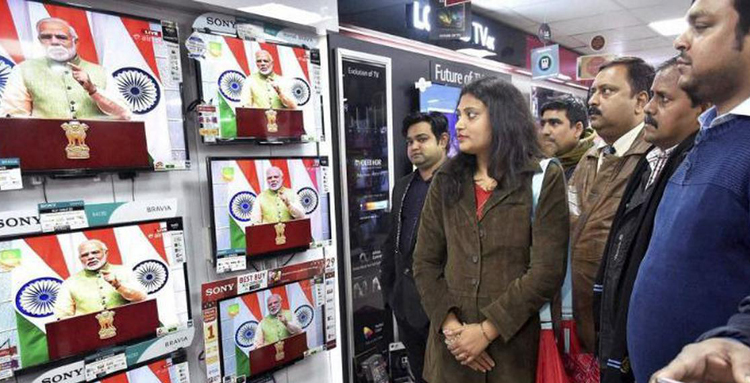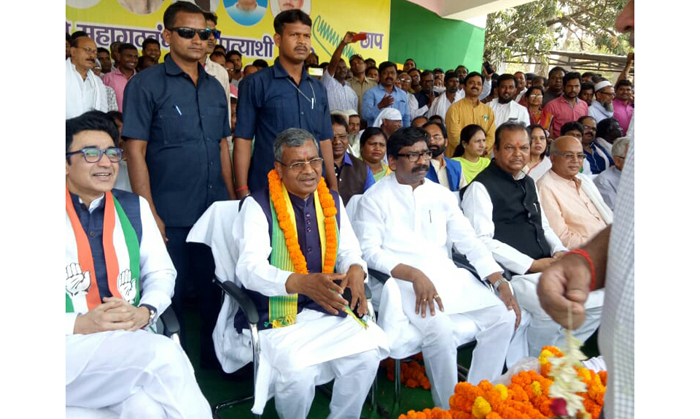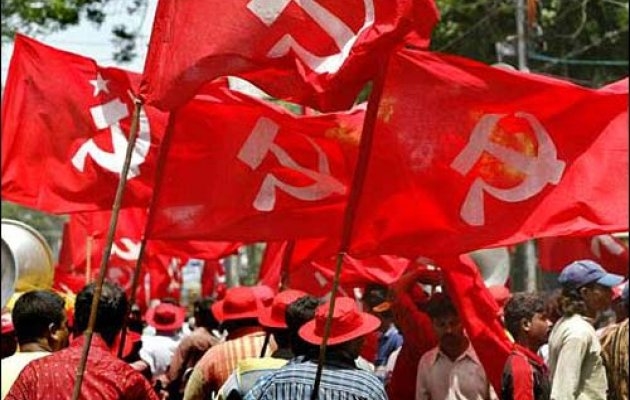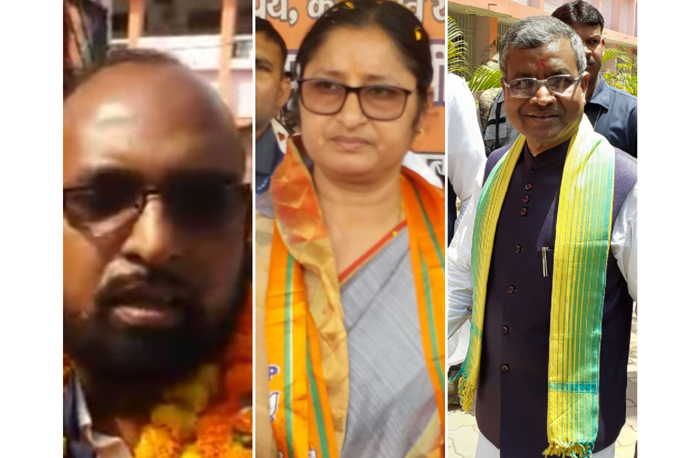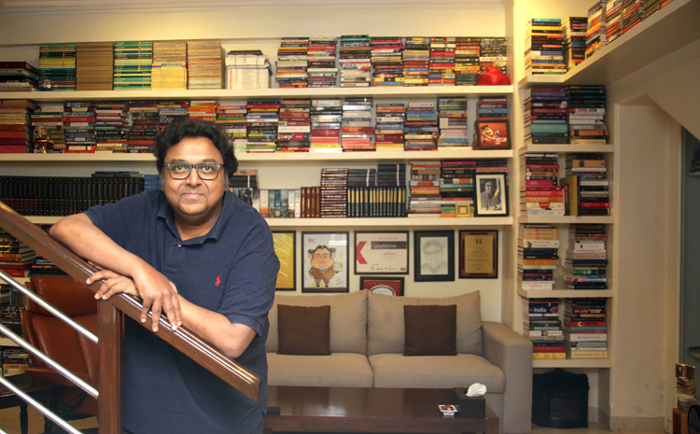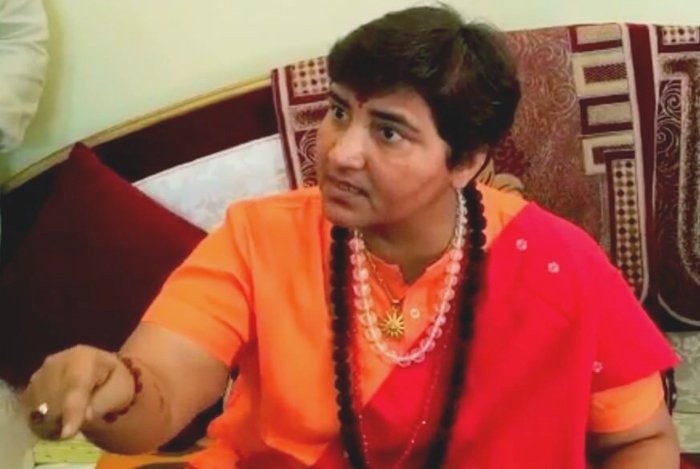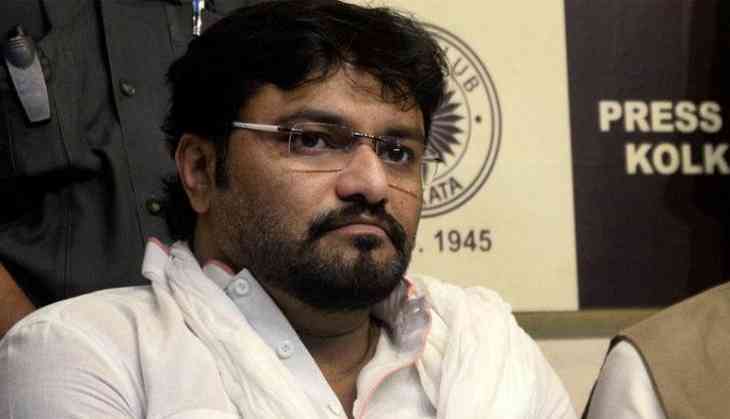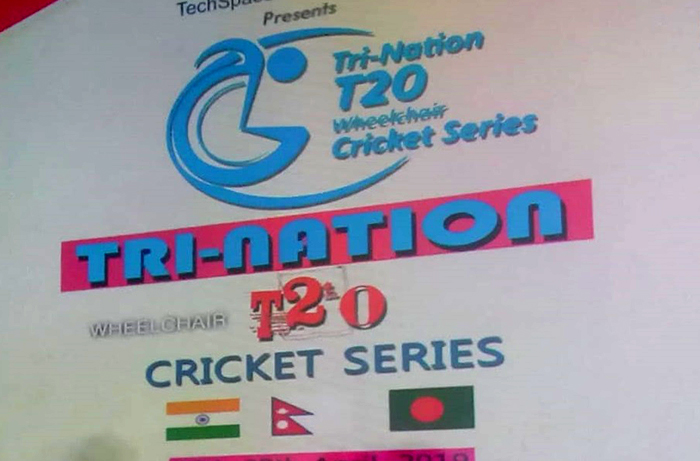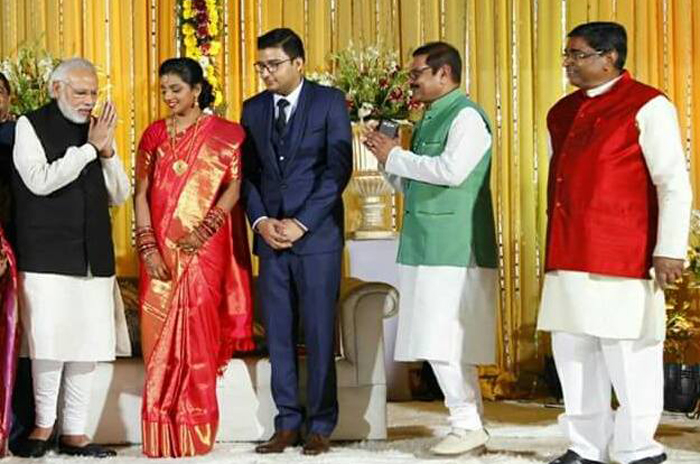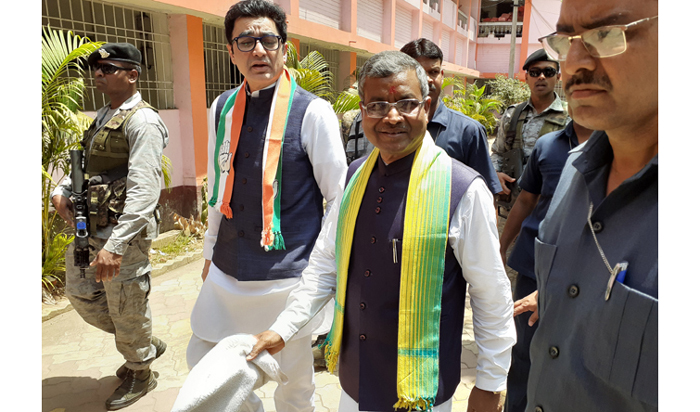प्रधानमंत्री नरेन्द्र मोदी द्वारा बेकारी, गरीबी, शिक्षा, स्वास्थ्य, अर्थव्यवस्था, किसानों की आत्महत्या, दलित, आदिवासी व मुसलमानों पर लगातार हो रही हिंसा, सामाजिक कल्याण, आम आदमी के विकास, आवास, संविधान खत्म करने के दावे, पिछड़े जरुरतमंदों से आरक्षण का अधिकार छीनने की वकालत तथा लोकतांत्रिक संस्थाओं को तहस-नहस करने जैसे आरोप और मूल मुद्दों से भागने के कारण सोशल मीडिया पर एक तरह का उबाल है।
देखा जाए तो वे पूरे पांच साल ही जनता के सरोकारों से जुड़े मुख्य मुद्दों से दूरी बनाने और अपनी सरकार की नाकामयाबियों से पीछा छुड़ाने के लिए कभी नेहरु-गांधी परिवार की आड़ लेते तो कभी कथित राष्ट्रवाद का दामन थामते नजर आए। पूरी की पूरी भाजपा मोदी के कार्यकाल में किए कामों का जिक्र आते ही या तो रक्षात्मक हो जाती है या फिर भक्तिप्रधान नारे लगाकर ध्यान भटकाती है।
दूसरी तरफ, मीडिया और खास तौर से बड़े अखबार तथा चैनल मूलभूत मुद्दों की बात आने पर बड़ी चतुराई से यह संदेश देते हैं कि विपक्ष ही इसे मुद्दा नहीं बना पा रहा है या उनका नेतृव्य ही सही तरह से उठा नहीं पा रहा है, जबकि हकीकत में इस तरह के मुद्दों पर चुप्पी साधकर या इनसे ध्यान भटकाकर खुद मीडया ने अबकि बार और अधिक संगठित तौर पर सत्तारूढ़ दल और मोदी को वाकओवर दिया है।
अब यह कहने का समय आ गया है कि करीब-करीब पूरा भारतीय मीडिया मोदीमय होकर प्रधानमंत्री के प्रचारतंत्र का हिस्सा बन गया है। यही वजह है कि वह न मूल मुद्ददों पर चर्चा कराना चाहता है, न सत्ताधारी पक्ष से असहज करने वाले प्रश्न पूछता है और न ही विपक्ष के नेताओं के उन बयानों को ही प्रमुखता से तरहीज देता है जो सीधे तौर पर देश और समाज की चिंता से जुड़े हुए हैं। असल में तो वह मतदाताओं को वही दिखा, सुना, पढ़ा और बता रहा है जो मोदी चाहते हैं।
यहां तक कि पैड न्यूज से बहुत आगे निकलकर अब मुख्यधारा का मीडिया भाजपा के आइटी सेल और भाजपा के प्रवक्ताओं के अनुरूप सरकार की रणनीति पर काम करता मालूम देता है। इसके लिए वह हमेशा ही विपक्ष के नेताओं को नए-नए और गैर-जरुरी मुद्दों पर हमलावर तरीके से घेरता दिखता है।
यही वजह है कि मोदी के सड़कछाप बयान भी मोदी का एक और मास्टर स्ट्रोक, मोदी का अब तक का सबसे बड़ा हमला और मोदी का पलटवार वगैरह बनकर सुर्खियां बटोरते हैं। दूसरी तरफ, मोदी के विरोध में एक जरा-सी चूक या टिप्पणी को भी रणनीति के तहत मीडिया भारी विवादास्पद प्रायोजित करके सत्तारुढ़ी दल का एजेंटा सेट करता है।
मोदी का आईटी सेल और मोदी के प्रवक्ताओं के साथ-साथ मोदी के समर्थक एंकर तथा पत्रकार तो दो कदम आगे बढ़कर प्रधानमंत्री के झूठ और अफवाहों को सनसनीखेज खबर की तरह प्रस्तुत कर रहे हैं। मोदी के समर्थन में संगठित और प्रायोजित ट्रोल को वे देश की आवाज बताकर एक तरह की अराजकता को बड़े पैमाने पर प्रचारित कर रहे हैं। पूरा मीडिया ही जैसे मोदी की मीडिया तरह काम कर रहा है।
मीडिया और मोदी के संदर्भ में देखा जाए तो सभी बड़े अखबार और चैनलों ने अपनी—अपनी विविधता को समाप्त कर दिया है। अब कोई—सा भी अखबार उठाकर या चैनल बदलकर देखो तो लगभग सभी ने मोदी के पक्ष में माहौल तैयार करने के मामले में अपनी—अपनी पहचान खो दी है। नोटबंदी, आतंकवादी व नक्सलवादी हमले और पाकिस्तान पर हमले जैसे मुद्दों पर तथ्यपरक रिपोर्टिंग नहीं की। मीडिया मोदी की भक्ति में इस तरह से लीन होता दिखता है जिसमें वह अपने भीतर झांकना छोड़ चुका है। इस दौरान खबरों से लेकर विज्ञापन, निजी लेखों से लेकर संपादकीय, तस्वीरों से लेकर आम सभा के दृश्य, भाषण, कार्यक्रम और बहसों में एक विशेष व्यक्ति के पक्ष में प्रचार करने के कारण कुछ भी अलग—सा नजर नहीं आता है। मोदी की नित नई काल्पनिक कहानियों की सच्चाई जाने बगैर वह उसे सच की तरह प्रसारित करता है। इसके आगे बहुत तेजी से वह उस दौर की ओर ले जा रहा है जहां विरोध विरोध और मतभेद की गुजाइंश न के बराबर रह जाए।
यह हाल तब है जब वर्ष 2014 के लोकसभा चुनाव के दौरान करीब 70 प्रतिशत मतदाताओं मोदी को वोट नहीं दिया था। वहीं, हाल के कई सर्वे और विश्लेषणों से यह साफ हो रहा है कि मोदी दिन—ब—दिन बहुमत से बहुत दूर होते जा रहे हैं, बावजूद इसके जिस तरह से मुख्यधारा का पूरा मीडिया मोदी और सिर्फ मोदी के गुणगान कर रहा है उससे वह अपने पाठक या दर्शक वर्ग के बीच में पूरी निर्लज्जता के साथ कठघरे में खड़ा हुआ है।
इसी नजरिए से इस बार का चुनाव मुख्य तौर पर प्रधानमंत्री के व्यवहार और वोट प्रबंधन पर केंद्रित होना चाहिए, जिन्होंने चुनाव तथा राजनीति के स्तर को तो बहुत नीचे पहुंचा ही दिया है, मुख्यधारा की मीडिया की बची साख, विश्वसनीयता और भाषा की मर्यादाओं को भी तार-तार कर दिया है।


